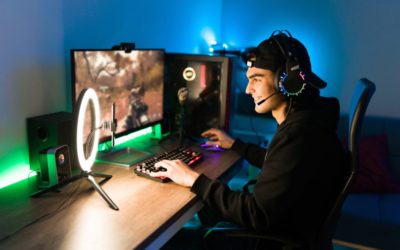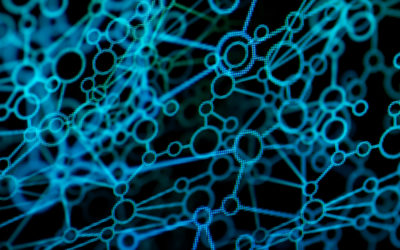Quick Hits
Daily brief research updates from the cognitive sciences

We kind of all know that children learn more quickly. Sure, as adults have more knowledge but when it comes to grasping new information and remembering things kids have the upper hand, Sometimes by a long way.
It’s also one of those things which we just seem to accept – consider when I saw the headline to this latest research on learning – I thought, but of course kids learn quicker. Yet this doesn’t help us really explain why. Our brains are made of the same material and the same chemicals so why should those little whippersnappers learn quicker than us old fogies – not fair!
The answer it seems lies in an underrated neurotransmitter known as GABA. This is actually a key transmitter in the brain but rarely gets much popular exposure in contrast to other sexier transmitters such as dopamine and oxytocin.
So, what is happening with GABA and children’s brains?
In a recently published study by Frank et al. they measure GABA before during and after learning in children and adults on a visual learning exercise using refined imaging techniques.
They saw that in children GABA levels were raised during and importantly after the stimulus. And this translates into more effective learning, stabilising the trace in the brain into a memory.
GABA is the brain primary inhibitory transmitter. The brain has transmitters that stimulate and activate neurons, excitatory transmitters, these are normally the famous ones. But it also needs to inhibit and slow down activation and that is the role of GABA. We know that this is important, but this shows that it doesn’t just inhibit transmission but enables stabilisation of input and therefore also of increased learning.
Adults in contrast can pull on other resources to learn, such as existing knowledge and to put learning better into context – but simply building memories and getting new stuff into the brain is done better by kids.
And sorry oldies, I don’t know how you can activate your GABA more when learning!

Andy Habermacher
Andy is author of leading brains Review, Neuroleadership, and multiple other books. He has been intensively involved in writing and research into neuroleadership and is considered one of Europe’s leading experts. He is also a well-known public speaker, speaking on the brain and human behaviour.
Andy is also a masters athlete (middle distance running) and competes regularly at international competitions (and holds a few national records in his age category).
References
Sebastian M. Frank, Markus Becker, Andrea Qi, Patricia Geiger, Ulrike I. Frank, Luke A. Rosedahl, Wilhelm M. Malloni, Yuka Sasaki, Mark W. Greenlee, Takeo Watanabe.
Efficient learning in children with rapid GABA boosting during and after training.
Current Biology, 2022
DOI: 10.1016/j.cub.2022.10.021
More Quick Hits
What is the Impact of Gaming on Teenage Mental Health?
Many parents might be worried that gaming will have negative impacts on their children’s mental health – not true. Or only for a small subset…
Right, so artificial networks also need sleep!
We need sleep but we are biological entities – that artificial networks improve performance with sleep is pretty fascinating, and insightful.
Making Voting More Effective for Better Decisions
Most of the most important decisions made in business and society are the result of votes – but not all voting methods are equally effective…
We’re Bad at Remembering How Happy We Were
The past ain’t always better – according to this latest research at least…
100 Years of Research Reveal the Most Effective Methods for Learning
New technologies, new research? No, the old methods are the best, and it’s surprisingly simple.
Why Too Much Talent May Harm Performance
This may sound like a strange thing to say – but talent and team coordination are different things…






